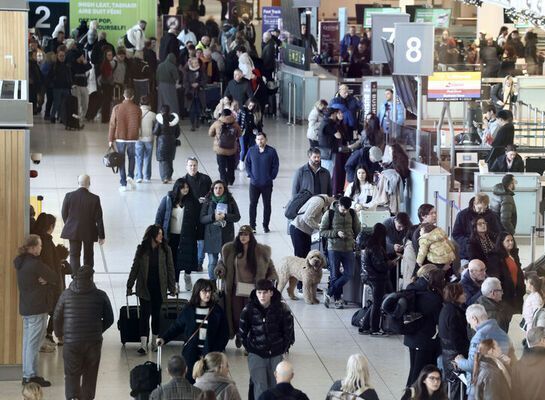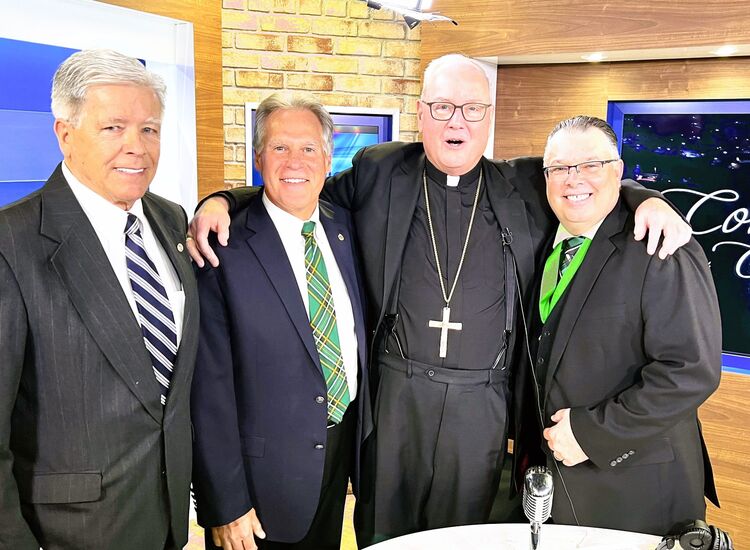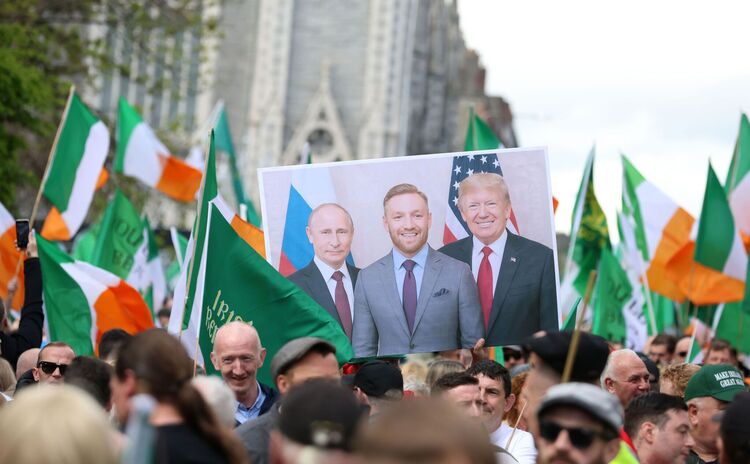While relatives of those murdered in the Loughinisland (Co. Down) and Sean Graham Bookmakers (Belfast) massacres during the 1990s met with members of Congress during their recent visit to the U.S., a third group of family members also crossed the Atlantic to raise the killings of four IRA men by members of the British army's SAS in Feb., 1992.
The killings, in Clonoe, County Tyrone, occurred of Feb. 16 of that year and families have since contended that the SAS made no attempt to take the IRA men as prisoners.
The Clonoe relatives were part of the combined Relatives for Justice delegation which spent a week in New York and Washington, D.C. accompanied by Belfast human rights attorney, Niall Murphy.
The relatives, according to a report in the Tyrone Times, presented evidence that the four men "were led directly to their deaths in an ambush and assassination operation and that ample opportunity existed for safe and effective arrests within the rule of law."
According to the paper, the relatives presented a report into the killings which stated that the men were under surveillance and that the authorities knew of a planned (IRA) attack at least four days in advance, yet did nothing to prevent it, "rather they led the men directly into a trap and then ambushed them in hail of 514 bullets without warning or opportunity to surrender. The men had posed no threat at the time of the shooting."
Sixteen years later, the families are still awaiting an inquest into the deaths of the four men.
"The British authorities could have arrested my brother and the three other men. They could have prevented the planned IRA attack. They decided not to. A decision was taken to kill all four men and that decision was taken at the highest political and military levels, Róisín Ui Mhuiri, the sister of one of the dead IRA men, Barry O'Donnell, told the Tyrone Times.
"Misinformation was disseminated concerning the killings in that there was a gun-battle. This is untrue, not one shot was fired back as the four men were dismantling weapons and posed no threat at the time of the ambush. The actions of the British that evening constitute a policy of shoot-to-kill and contravene international law and the European Convention on Human Rights. It was a direct violation of Article 2 of that convention of which the British government is a signatory to," she said.
"We have faced perfunctory investigative procedures in which the state determined that none of those responsible for the ambush and assassinations would face charges. This decision was made well in advance of the public prosecutor being in possession of all the material evidence and statements. We have also had an inquest into the killings postponed for the past twenty-years with delay, prevarication and refusal to provide evidence to the coroners court by the authorities."








